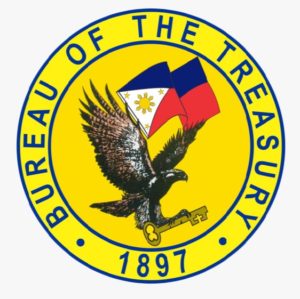Short term foreign investments through local financial markets surged in the first four months of the year, with companies listed on the Philippine Stock Exchange serving as the biggest draw to overseas asset managers, the central bank said.
In a statement, the Bangko Sentral ng Pilipinas said the country had so far received net portfolio investments or “hot money” inflows of $1.2 billion from the start of the year until the first week of May. This is on the back of $6.83 billion in inflows and $5.62 billion in outflows.
This marks a reversal from a net outflow of $644.3 million in the same period last year.
Portfolio investments are foreign assets that go into buying local stocks, bonds or are placed in the money market for a short period before being repatriated. They can cause significant upswings or downturns in asset prices in their target countries.
For April, total transactions yielded net inflows of $279 million, reflecting an improvement from the $51 million a year ago.
Registered portfolio investments in April hit $1.4 billion, up 4.2 percent from $1.3 billion a year ago.
Some 82.2 percent of investments registered during the month were in PSE-listed securities, while the balance went to peso denominated government securities.
The United Kingdom, the US, Hong Kong, Singapore and Luxembourg were the top five investor countries for the month, with combined share to total at 76.6 percent.
Meanwhile, outflows for the month of $1.1 billion were lower by 18 percent and 13.6 percent, respectively, than those recorded in March 2018 ($1.34 billion) and a year ago ($1.27 billion). The US continued to be the main destination of outflows, receiving 74.5 percent of total remittances.
Registration of inward foreign investments with the BSP is optional under the liberalized rules on foreign exchange transactions.
The issuance of a central bank registration document entitles an investor to buy foreign exchange from authorized agent banks and/or their subsidiary/affiliate foreign exchange corporations for repatriation of capital and remittance of earnings that accrue on the registered investment. Without such registration, the foreign investor can still repatriate capital and remit earnings on his investment but the foreign exchange will have to be sourced outside the banking system.


